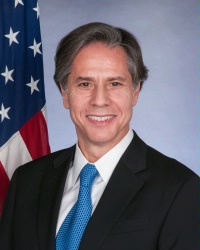
bt Bryson Masse – venturebeat — AI’s carbon footprint is no open-and-shut case, according to scientists from the University of California-Irvine and MIT, who published a paper earlier this year on the open access site arXiv.org that shakes up energy use assumptions of generative AI models, and which set off a debate among leading AI researchers and experts this past week. The paper found that when producing a page of text, an AI system such as ChatGPT emits 130 to 1500 times fewer carbon dioxide equivalents (CO2e) compared to a human.
The paper concludes that the use of AI has the potential to accomplish several significant activities with significantly lower emissions than humans. However, an ongoing dialogue among AI researchers reacting to the paper this week also highlights how accounting for interactions between climate, society, and technology poses immense challenges warranting continual reexamination. From blockchain to AI models, environmental effects need to be measured In an interview with VentureBeat, the authors of the paper, University of California at Irvine professors Bill Tomlinson and Don Patterson, and MIT Sloan School of Management visiting scientist Andrew Torrance, offered some insight into what they were hoping to measure.
Originally published in March, Tomlinson said that the paper was submitted to the research journal Scientific Reports where it is currently under peer review. The study authors analyzed existing data on the environmental impact of AI systems, human activities, and the production of text and images. This information was collected from studies and databases that study how AI and humans affect the environment. For example, they used an informal, online estimate for ChatGPT based on traffic of 10 million queries generating roughly 3.82 metric tons of CO2e per day while also amortizing the training footprint of 552 metric tons of CO2e. As well, for further comparison, they included data from a low impact LLM called BLOOM. On the human side of things, they used both examples of the annual carbon footprints of average persons from the US (15 metric tons) and India (1.9 metric tons) to compare the different per-capita effects of emissions over an estimated amount of time it would take to write a page of text or create an image.








